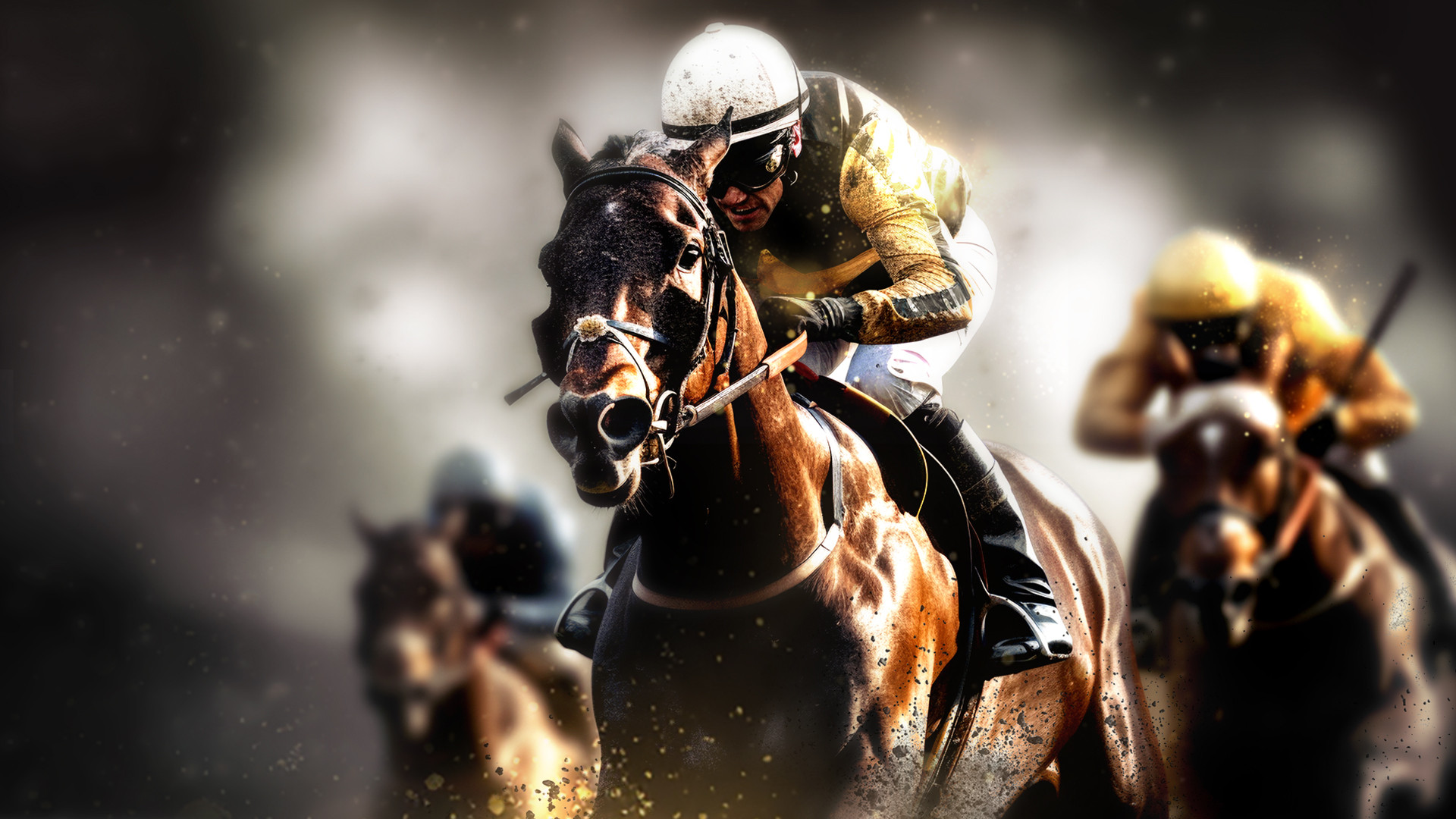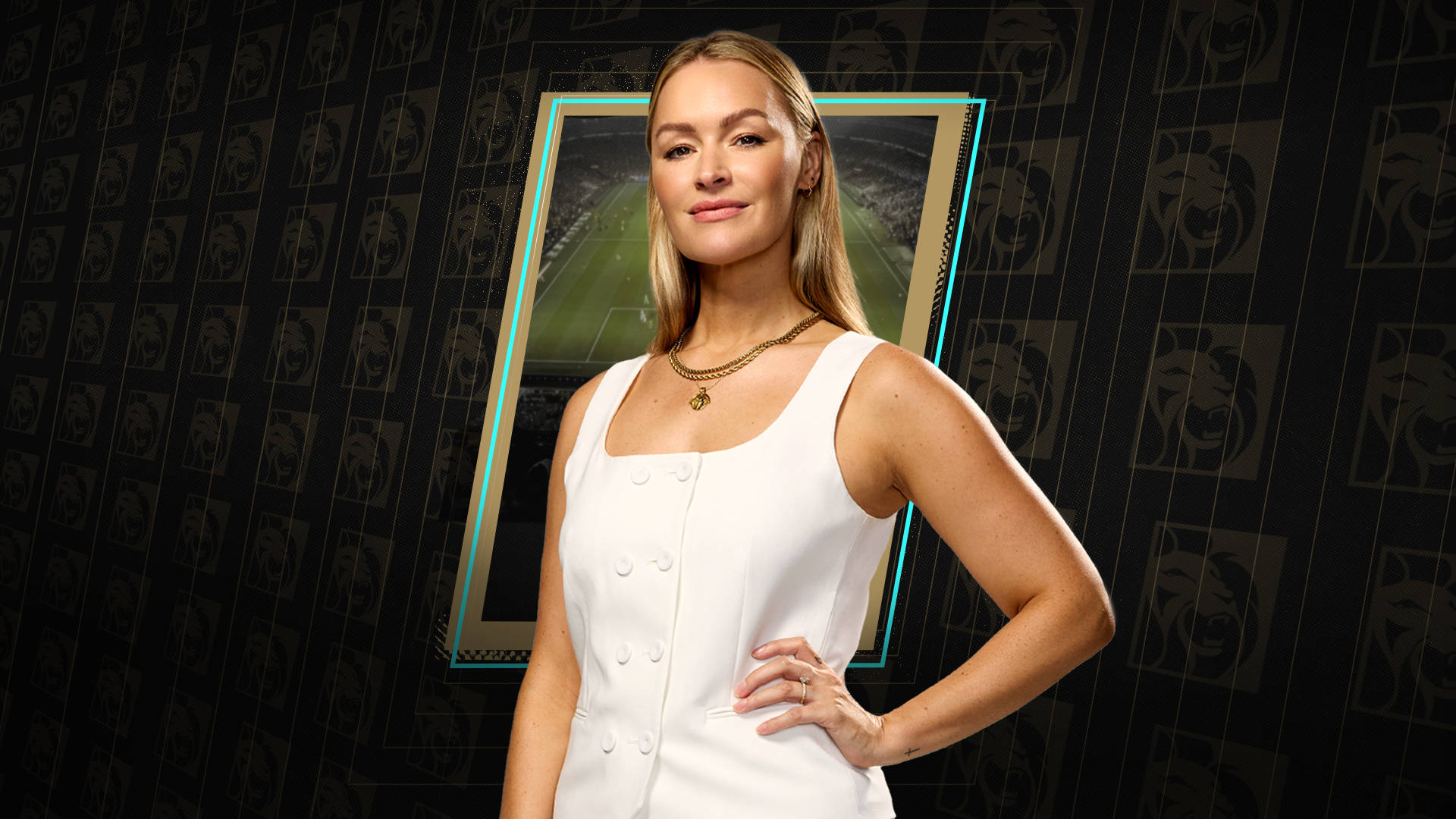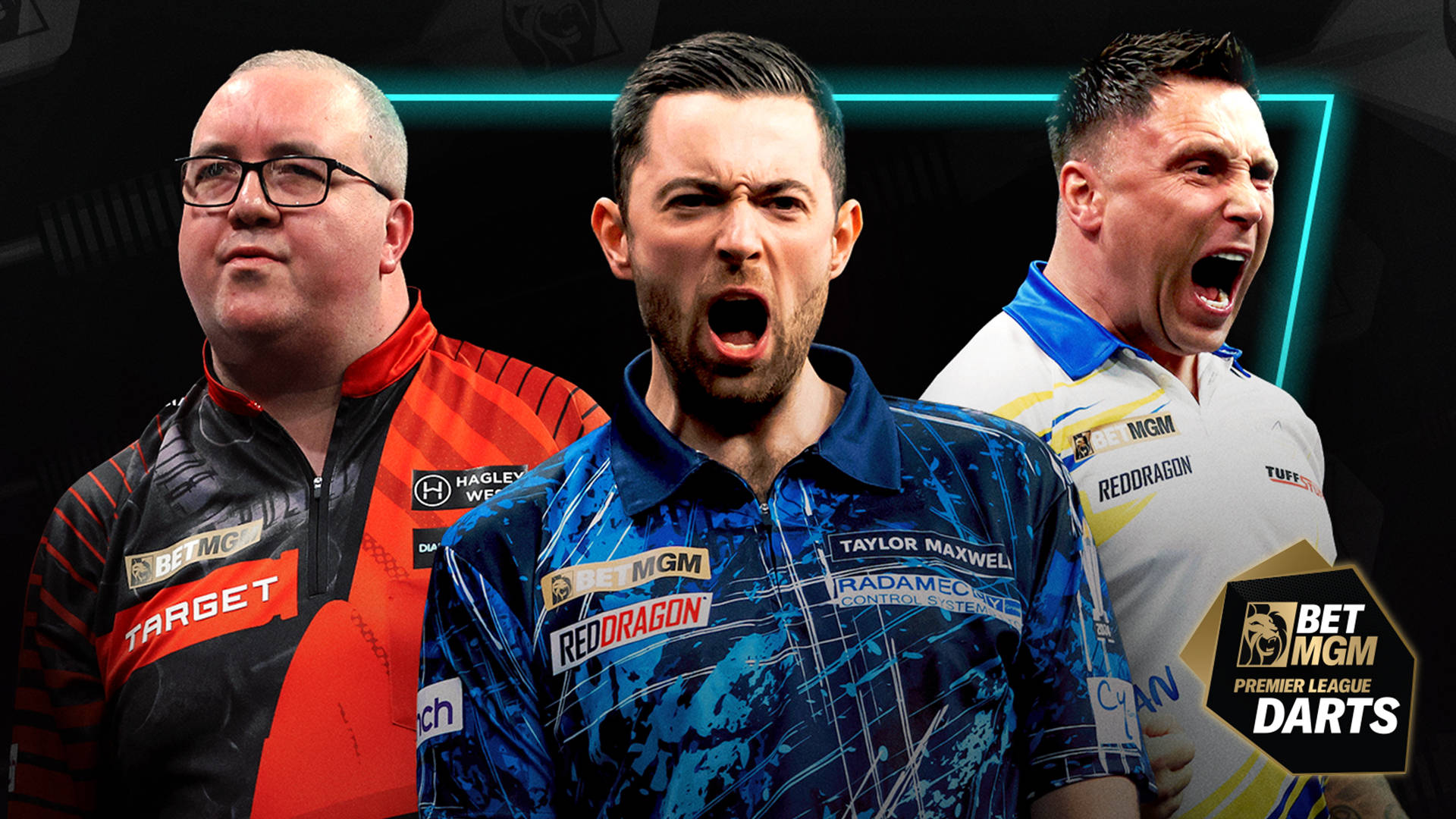
The Grand National: 10 Most Iconic Horses
The Grand National has a unique ability to transform normal thoroughbred horses into nationwide superstars. No other horse racing event captures so many millions of bettors – from expert punters to grandparents enjoying a family sweepstake.
The race can catapult winning horses into the public domain and lock in those iconic memories for years, sometimes decades, to come.
Here at BetMGM we’ve sifted through the archives to find 10 iconic Grand National horses that have transformed the sport of racing.
From Red Rum to Tiger Roll, these horses have each made an impact on how the country relates to the sport, and to betting. Not every horse was a success at Aintree but all 10 remain in our hearts.
10 Iconic Grand National Horses
Our Grand National horses list doesn’t only feature those who went down in history for the right reasons. Most legends of this race earned their fame by winning punters a lot of money. Yet the first name on our list is reserved for a horse that failed to capture the hearts of a nation…
10. Red Marauder – 2001
Famous for being the slowest Grand National winner in history
The Grand National is a notoriously long race. It runs over four miles and takes between nine and 10 minutes to complete. Punters follow their horses, desperate for them not to fall at one of the 30 fences and complete the race in full.
So when an already-long race goes on seemingly forever, viewers get even more tense. This is what happened in 2001 when Red Marauder took 11 minutes and 0.1 seconds to pass the post and record the longest Grand National winning time since Zoedone in 1883.
It also set the longest winning distance record as just four horses finished the race.
Red Marauder wasn’t exactly a marauderer. The going was incredibly heavy and the weather truly awful. Horse racing was in the grip of a foot and mouth scandal that had already enveloped Cheltenham Festival. A slow, drawn-out Grand National was not what the public needed.
Still, at 33/1 jockey Richard Guest steered Red Marauder home. The huge winning distance and handful of finishers highlighted just how heavy the going was, and quite how much stamina Red Marauder had in his legs.
Legacy: 11:00:01 remains the slowest Grand National time since 1883. Red Marauder’s winning distance was only beaten in 2012 by Neptune Collonges.
9. Amberleigh House – 2004
Famous for ending Ginger McCain’s Aintree drought
Iconic trainer Ginger McCain hadn’t won the Grand National since Red Rum delivered the business back in the 1970s. Three decades on and McCain was coming to the end of his career. Amberleigh House was not fancied among tipsters but won a three-way battle at the last to cross the line.
Victory for the 16/1 shout gave horse racing fans ample opportunity to reminisce of the old days. A horse from Red Rum’s stable winning the National was a rare thing. There wasn’t a dry eye in the house. McCain retired from the sport two years later. Legacy: The McCain stable continues to produce successful race horses but they’re yet to land another Grand National win.
8. Don’t Push It – 2010
Famous for finally landing AP McCoy a Grand National victory
AP McCoy will go down as one of the greatest jump jockeys of all time. He smashed records across the UK and Ireland, and claimed a remarkable 31 Cheltenham Festival race wins. Perhaps his biggest achievement was not giving up on the National as the big prize continued to elude him over his career.
McCoy rode in his debut Grand National in 1995 (Chatam, fell at Fence 12). He finished third three times in the 2000s and it appeared as though he would never claim a victory in this race.
Then came Don't Push It, the 10/1 joint favourite that Jonjo O'Neill had trained to match perfectly with the jockey. Carrying a hefty weight didn't affect the horse, as he stormed to victory in 2010 by five lengths. McCoy's win sparked an emotional afternoon at Aintree, while the punters certainly got one over the bookies. Legacy: McCoy retired in 2015 after riding 4,358 winners. He rode Don't Push It again at the 2011 Grand National but the 9/1 favourite could only manage a third-place finish.
7. Mr Frisk – 1990
Famous for the fastest Grand National win
It wasn’t quite “blink and you’ll miss it” but Mr Frisk’s Grand National triumph in 1990 was remarkably fast. Amateur jockey Marcus Armytage led the 11-year-old round Aintree in a time of 8:47:80. It was a blistering pace that smashed Red Rum's 1973 record by 14 seconds. What made the feat so remarkable was the head-to-head finish with Durham Edition that Mr Frisk won by less than a length. The pair appeared to give each other energy towards the end of the gruelling steeplechase. Had Mr Frisk been on his own then perhaps the record wouldn’t have been broken. Legacy: Mr Frisk’s triumph remains the fastest time in Grand National history. Many Clouds (2015) is the only other winner to have run under nine minutes.
6. Neptune Collonges – 2012
Famous for the closest win of all time (nose)
Most Grand Nationals end with a horse running a length or more clear, having proven themselves worthy winners of a +4-mile steeplechase. 2012 provided horse racing betting fans with the closest end to a Grand National in the race’s history. Neptune Collonges was more than a length behind Sunnyhillboy when they went over the last jump and careered towards the finish line. It looked like Sunnyhillboy would win it but Neptune Collonges charged past in the final inch of the race. Stewards took more than 90 seconds to deliberate the result as they studied freeze frames. Neptune Collonges, it turned out, had snuck in by a nose. Legacy: Neptune Collonges’ victory was the last to be televised on the BBC and it inspired an uptick in popularity for horse racing among non-traditional punters.
5. Mon Mome – 2009
Famous for the biggest modern-day upset in 50 years
The beauty of Grand National betting is the fact anyone can win this race. You can back a huge outsider and, with luck, walk away with serious profit. That’s what happened for a few lucky punters in 2009 when Mon Mome beat the previous year’s champion Comply or Die by 12 lengths.
This wasn’t even close. The bookies badly priced Mon Mome at 100/1, believing jockey Liam Treadwell had no chance in his first National. How wrong they were.
Treadwell orchestrated the perfect race and saved the bookies from a multi-million pound loss. Those who backed Mon Mone strolled away with healthy profit from their day in the sun. Legacy: Mon Mome remains the only horse since Foinavon in 1967 to win the Grand National priced at 100/1.
4. Foinavon – 1967
Famous for winning at 100/1 after a notorious pile up at the 23rd fence
The Grand National fences are what makes this race so difficult. They range from 4ft 6in to as high as 5ft 4in, with the water jump the only one considerably lower. Back in 1967 they were made of sterner stuff than today and horses were tested to the limit to get round the course.
Foinavon was not expected to even place at the 1967 Grand National but emerged as an unlikely winner at 100/1 when a pile-up at the 23rd fence ended the race for most runners.
Jockey John Buckingham steered Foinavon into a gap at the fence and managed to land the jump at the first attempt. By the time another horse got over Foinavon already had a 30-length lead. He eventually won by 15 lengths.
Legacy: More people were able to watch Foinavon’s triumph on TV than ever before. An estimated 80% of UK households had televisions by the mid-1960s. Foinavon remained in the public memory for years after the race and the 23rd fence is now called Foinavon
3. Devon Loch – 1956
Famous for falling in the 1956 Grand National
Devon Loch was on course to win the 1956 Grand National when he spectacularly fell on the final straight. The horse, owned by the Queen Mother, has run a near-perfect race up to that point. Yet with the post in sight he appeared to leap in the air and splayed his legs.
No-one is quite sure why Devon Loch did what he did. Some suspect he was spooked by the crowd, or perhaps a shadow on the turf looked like a jump.
What was a certainty was ESB won the race at odds of 100/7 by 10 lengths. Devon Lock didn’t even finish. The Queen Mother is reported to have reacted to the belly flop by saying: “Oh, that’s racing.”
Legacy: Devon Loch has become a catch-all term for someone who blows their own lead.
2. Tiger Roll – 2018 and 2019
Famous for winning successive Grand Nationals in the modern era Tiger Roll had it all. Cheltenham pedigree, a stayer's personality and the engine to moonwalk over Aintree's Grand National course. By 2018 he was already famous for winning the Triumph Hurdle and National Hunt Challenge Cup. The Grand National beckoned. He set off in the 2018 race with a 10/1 start price, behind favourite Total Recall (7/1). Tiger Roll beat Pleasant Company by a head. A year later he was back and everyone had their eye on the Gordon Elliott icon. Punters threw money at him, so much so that bookies cut their odds to 4/1. That, for a Grand National, is eye-wateringly short. Broadcasters did nothing but talk about Tiger Roll. Could he match Red Rum's achievement of back-to-back Nationals in the 1970s? You bet he could! Tiger Roll won the 2019 Grand National 39 seconds faster than his triumph the previous year, three lengths off Magic of Light.
Legacy: Tiger Roll is a modern-day icon in horse racing following his magic at Aintree. He didn’t go for a third win after the handicapper suggested he carry 11st 4lb as a 12 year old – a weight considered too high for his owner Michael O’Leary.
1. Red Rum – 1973, 1974 and 1977
Famous for winning the Grand National three times He was never a contender for the crown but many thought Red Rum deserved to be named 1977 Sports Personality of the Year following his TV appearance at the ceremony that December. His televised stroll around the BBC studio capped off a remarkable few years for the McCain-trained horse, who won back-to-back Grand Nationals in 1973 and 1974, before coming back to secure victory as a 12-year-old in 1977.
The public loved Red Rum because he was simply brilliant. He won them a lot of money as the bookies scrambled to get a price low enough to deter punters. Brian Fletcher ran him at maximum weight of 12st in the 1974 National and he was still the best horse for the Grand National at 11/1.
What many people forget is that Red Rum also placed second in the 1975 and 1976. His record is unparalleled and he became a nightmare for the bookies.
Legacy: Red Rum's success at Aintree raised the Grand National's reputation far beyond the UK and Ireland. The race became a big hit in the United States and Australia, and by the 1980s sponsors were beginning to circle. One could argue horse racing is what it is today thanks to Red Rum. His ashes are buried at the Aintree winning post.
Get odds and specials on our dedicated Grand National horse racing page. It's showtime!


